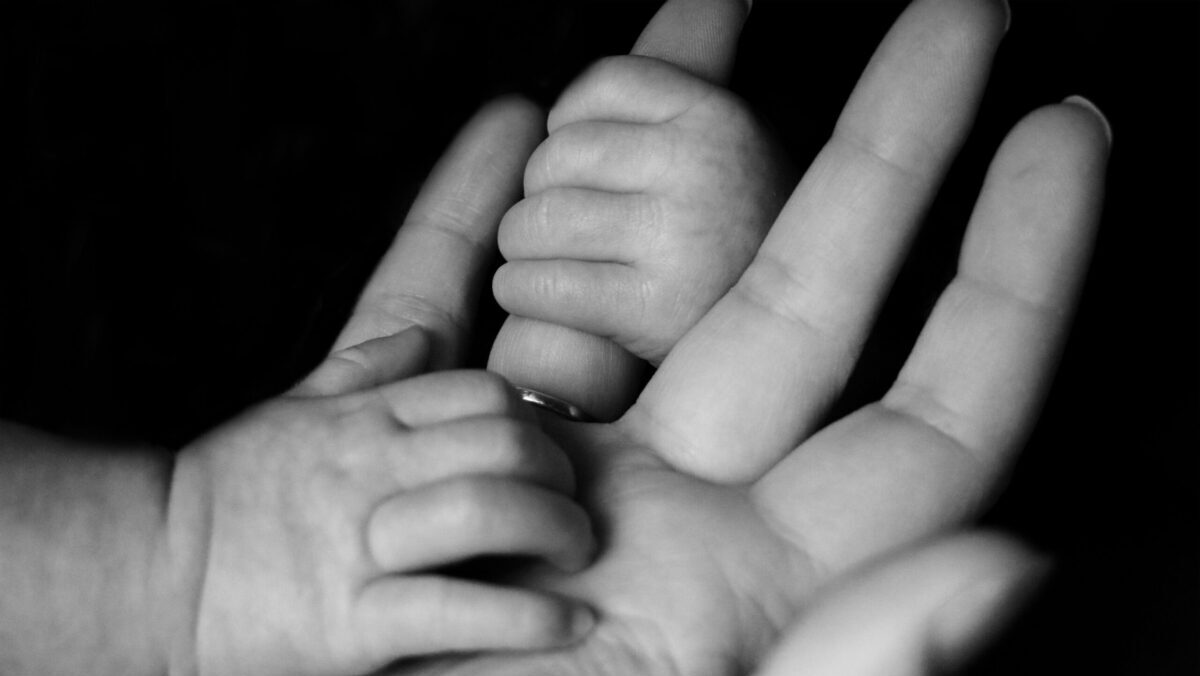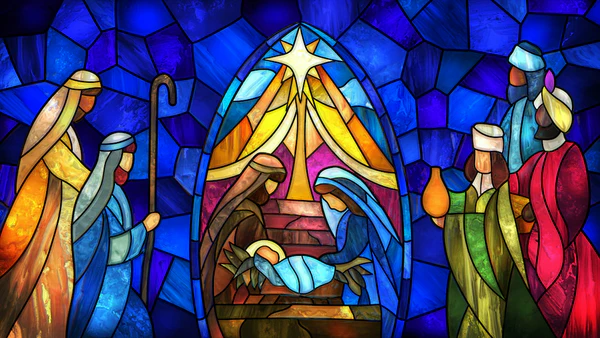There is so much at this time of year that is pleasant and memorable and generally amazing. I look forward to Christmas and am always thankful when it comes around again.
But I also recognize that it can be difficult. This may be your first Christmas without someone in your life. Or maybe there is that one family member who adds a little strife to the holidays.
The Gospel of Luke challenges us in how we relate to one another, especially when hurt, ill will or anger are present. In Luke 10 and 11, we see two sections that are seemingly connected to each other as well as connected to the incarnation of Jesus, His birth that we celebrate this time every year.
In Luke 10, Jesus is tested by an expert in Old Testament law. He responds by showing in parable form who a neighbor is. He essentially teaches that we are to be the neighbor first, which means everyone becomes our neighbor. Referring to the Good Samaritan, Jesus told the law expert, “You go and do likewise” (v. 37).
We are to show mercy to those around us regardless of their qualifications. This is difficult stuff to take in.
Quick to forgive
Jesus continues in Luke 11 to teach on prayer. One specific portion shows us we should ask forgiveness but that our asking comes from hearts that are quick to forgive: “ … and forgive us our sins, for we ourselves forgive everyone who is indebted to us” (v. 4).
What does this all mean for us when Aunt Agnes is critical of everything, or you’re trying to compose a faint smile even though your heart is hurting because your dad died last month?
It means that Christ, as the greatest Neighbor, has come down to us regardless of our qualifications and forgiven us for our sin. It means that when we rest in Christ this Christmas, the hurting or rightly offended heart can find mercy and grace.
But not just enough for ourselves. Jesus’ coming to us means that we are given enough mercy and grace to extend to others from the overflow of His filling.
Keep your eyes on Christ
Christ’s filling of our lives means we can give to others — enough to have positive words of encouragement and thankfulness when we’re together to silence an overly critical tongue; enough for us to weep, with joy still present in our weeping at the loss of a loved one. It means the struggles of holiday gatherings take their rightful place and that Jesus takes His place at the center of our thoughts, words and actions.
This is how His coming changes things. We will still struggle, but He has promised to never leave us or forsake us, even in that struggle.
How will you handle it this year? Will you commit to keep your eyes on Christ?







